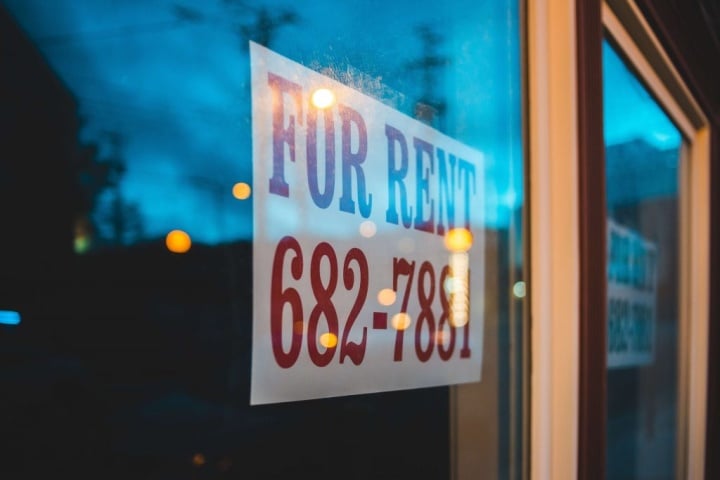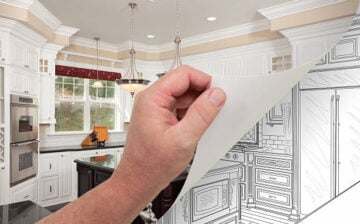
Being a rental property owner can be a very lucrative business, but it also comes with responsibilities. These responsibilities can be overwhelming if you do not know how to manage them. Many property owners pay a massive amount of tax, and these taxes depress their income. Are you one of the owners that pay massive taxes? It is because you do not take advantage of the tax deductions that are available for rental property owners. These deductions can mean the difference between losing and making profits in this business.
Deductions allow you to lower your income taxes by offsetting rental income. It’s essential to know the types of things you can deduct and things you cannot.
Here are some tax deductions for rental property owners:
Property Tax
Tax on properties can be massive, ranging from hundreds to thousands of dollars. The tax on your rental property varies depending on your property’s location. You can determine your exact tax by inquiring with your tax office or checking your escrow summary.
If your state or location has rental licensing requirements, you can deduct any landlord or vacation rental license fees. The cost of the personal property used in the rental activity can get deducted in one year. These personal properties include furniture, appliances, gardening equipment, etc.
If you manage short-term rentals, your state, city, etc., might charge a fee known as occupancy fee. These fees are similar to sales taxes, and you can deduct them also. If you pay sales taxes on social security taxes, wages, business-related items, inspection fees, etc., you can deduct them as well. Tax deductions allow a more convenient operation for rental property owners. With these benefits, you can make a profit and not lose in the property rental business. Ensure you know your entitlements and claim them for the best.
Loan Interest
Interest is one of the most significant deductible expenses most landlords or property owners benefit from. Most homeowners use a mortgage to acquire their own home, which is also applicable to rental properties. Landlords can deduct the part of their mortgage payment that goes towards interest charges. They can deduct mortgage interest on loans used to improve or acquire a rental property. They can also deduct interest on the credit card for services or goods used or purchased in the rental activity. To qualify for these deductions, you must have made this purchase before tax time.
The deductions’ components get separately listed on your monthly statement, only needing you to multiply by 12 to get your total annual interest. The Tax Cuts and Jobs Act caused a reduction to the interest deduction for landlords that make more than $25 million from their rental. You can avoid this by agreeing to depreciate your rental property over thirty years instead of 27.5 years.
Property Management Companies, Legal, and Professional Services
Property owners can deduct fees paid to property management companies, real estate investment advisors, accountants, attorneys, and other professionals in the fields. A property management company provides commercial and residential property management services. These services include the maintenance of residential and investment condominiums and apartments. Since their fee is payment for work related to rental activities, you can deduct them as operating expenses. This deduction makes it easier for property owners to hire property management companies in their area for better operation.
Travel and Transportation
If you are one of the landlords that travel to multiple properties, you can deduct your transportation expenses. You can also deduct travel expenses if your residential area is far from your rentals, requiring you to travel or transport yourself. After that, you might want to start thinking of remodeling options that will completely transform the space.
Landlords have an entitlement to a tax deduction for driving as part of their rental activities. They drive their vehicles to stores to buy hardware for repairs of rental property, drive to the rental building to resolve tenant complaints, etc. They can deduct these expenses, saving them some cash. They can deduct costs that include gasoline purchases, vehicle repairs, vehicle upkeep, etc. They can also deduct the expenses using the standard mileage rate. To qualify for the standard mileage rate, you have to use it in the first year you use your vehicle for the rental activities. You can check the IRS website for the current standard mileage rate.
Rental property tax deductions make the difference between profit and loss for many rental property owners. They save costs, increasing the ROI on rental properties. With these property tax deductions, the rental business can be more lucrative.
Depreciation
Depreciation is another significant deduction. With depreciation, you deduct the expense over the property’s useful life. The IRS employs useful life estimates to determine how long an asset can be depreciated. You can divide the cost of an asset by the number of years in its useful life to find the yearly depreciation value. Or you can take higher depreciation values earlier in the asset’s life and lower values in later years.
Under IRS rules, you can claim depreciation on a rental property if you own and use the property in your business or as a source of income and the property has a specific useful life, meaning it wears out or gets used up.
Buildings and homes can depreciate, but not land, since the land doesn’t get used up. So, you can claim depreciation on a home but not the land the home is located on.
Depreciation lowers your taxes but might increase them in the future. This is because when you sell the property, if the sale price is more than the depreciated value, you’ll owe tax on the difference through the depreciation recapture tax.
Repairs (But Not Improvements)
Repairs and maintenance on your rental property are deductible expenses in the year when you pay for them. These include fixing or replacing an air conditioning system and repainting a wall.
On the other hand, improvements add value to your property and aren’t deductible when you pay for them. However, you can claim depreciation on the increased value of the property. Improvements consist of things like a new permanent storage shed or a kitchen upgrade.
Some of the other rental property expenses you can deduct are:
- Advertising
- Home office expenses
- Insurance premiums on the rental property
- Lawn care
Personal property purchased and used in the rental activity, such as appliances and furniture
If you own and rent out a condominium, you might pay a recurring fee to maintain common areas of the condominium complex like the grounds and clubhouse. You can deduct your share of expenses related to repairs and maintenance of the common areas, like pool cleaning and repainting the tennis courts. But you can’t deduct your share of money for improvements to the common areas, like installing a new children’s playroom. Instead, you can depreciate your share of the cost.
Keep Detailed Records
You can report deductible expenses on Schedule E. But you will need to keep documentation of your costs, and keep costs of repairs (deductible) separate from costs for improvements (not deductible). Since the tax rules regarding rental property are complex, you might consider working with a qualified tax accountant when you purchase, manage, and sell a rental property to get the most out of your tax breaks.
We hope you found this blog post Rental Property Tax Deductions, useful. Be sure to check out our post How To Create A Profitable Rental Property for more great tips!
Have Experience in the Moving Industry? Want an Additional Income Stream? Work With All Around Moving!
Make money by partnering with us. Click here to learn more.





